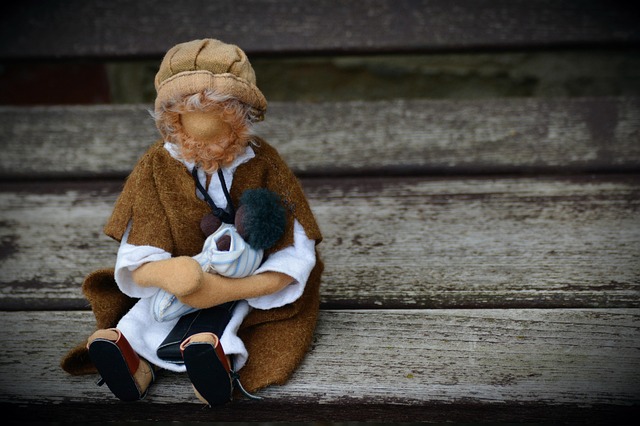The study of biblical characters offers profound insights into not just ancient narratives, but also how these figures continue to shape modern communities and religious practices. The appeal of these timeless figures lies in their human qualities, struggles, and triumphs, making them relatable even in today’s rapidly changing world.
When we look at characters like Moses, whose leadership and dedication guided the Israelites through adversity, we find valuable lessons in resilience and moral courage. His story resonates with many community leaders today who strive to uplift and unite their people amid challenges. The values and ethics that emerge from studying such biblical figures are instrumental in shaping the moral frameworks within our communities.
Consider the figure of Mary, the mother of Jesus. Her story exudes strength, faith, and the significance of community support. She embodies the ideals of nurturing and sacrifice, which are central to both familial and communal relationships. In many contemporary religious contexts, she serves as a symbol of empowerment for women and mothers, inspiring countless groups to come together in faith-based initiatives.
The action-packed life of King David presents another perspective. His journey from shepherd boy to king reflects themes of ambition, faith, and the complexities of human nature. Many religious communities find themselves drawn to David’s passion and his deep relationship with God, encouraging individuals to embrace worship and foster strong communal ties. The study of biblical characters like David continually invites reflection on leadership and accountability within the modern context.
Furthermore, the connections between biblical figures and community values extend into how we structure our lives. Characters such as the Apostle Paul, who traveled extensively to share his teachings, symbolize the essence of outreach and interconnectedness. His relentless dedication to spreading the message of love and grace exemplifies how faith can transcend boundaries, inspiring communities to embrace diversity while promoting a unified sense of purpose.
In religious gatherings, stories of biblical characters are often used to teach moral lessons and inspire congregations. This storytelling tradition strengthens community bonds as individuals find common ground through shared narratives and experiences. The discussions surrounding these figures facilitate deeper relationships and encourage members to partake in supporting one another, embodying the spirit of fellowship and compassion that these characters strive to exemplify.
Moreover, as contemporary communities grapple with various issues, the teachings and examples set by biblical characters provide tried-and-true solutions. Whether it’s showing kindness, practicing forgiveness, or advocating for justice, these figures offer guidance that resonates even in today’s context. Communities engage in dialogues about how these ancient lessons apply to modern dilemmas, encouraging a reflective approach to personal and communal conduct.
Ultimately, the study of biblical characters transcends mere historical analysis; it invites individuals into a deeper understanding of how faith shapes community dynamics. By drawing on the lessons learned from these timeless narratives, communities can foster environments of support, inclusivity, and shared values that transcend generations.




